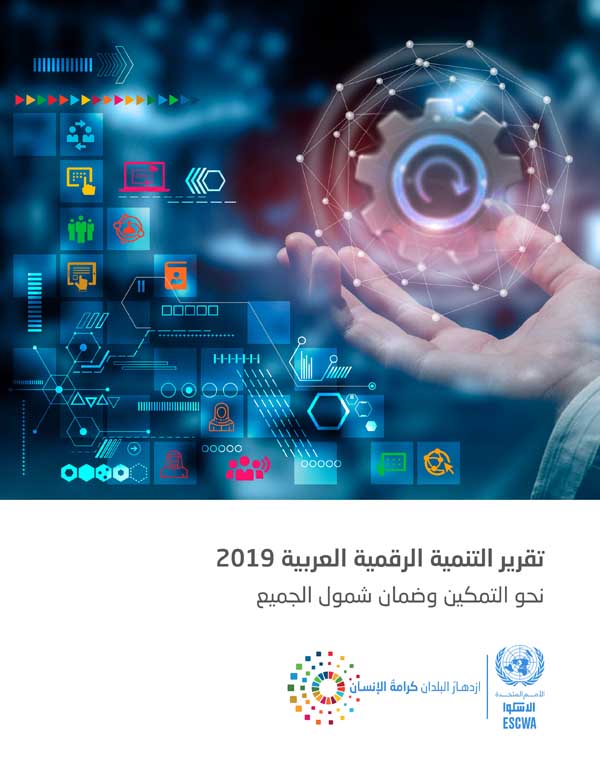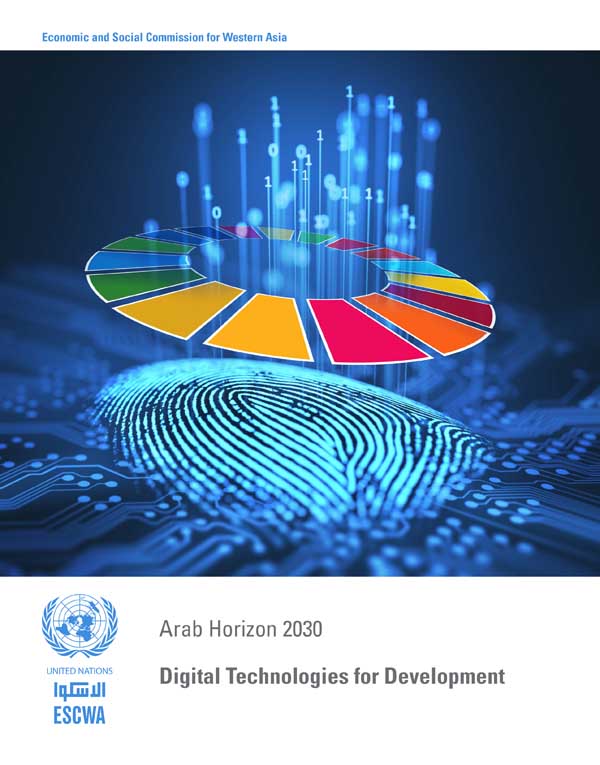
تنظّم الإسكوا الاجتماع الأول للمنتدى العربي للتعاون الرقمي والتنمية 2021 بالشراكة مع جامعة الدول العربية وجهات فاعلة رئيسية في برامج القمة العالمية لمجتمع المعلومات ومنتدى إدارة الإنترنت، ولا سيّما الاتحاد الدولي للاتصالات، ومؤتمر الأمم المتحدة للتجارة والتنمية، وإدارة الأمم المتحدة للشؤون الاقتصادية والاجتماعية، ومنظمة الأمم المتحدة للتربية والعلم والثقافة. يندرج هذا الحدث ضمن مبادرة وحدة العمل في الأمم المتحدة وبرنامج تعزيز التعاون الرقمي والتنمية للدول العربية الذي أطلقته الإسكوا في عام 2020.
ويتيح المنتدى لمختلف أصحاب المصلحة والخبراء من المنطقة العربيّة فرصة للمشاركة في القضايا الأساسية المتعلقة بالتنمية الرقمية والتعاون الرقمي، كما يشجّعهم على الحوار وعقد الشراكات. ويوفّر لهم فرصاً لاستعراض أوجه الترابط بين مجتمع المعلومات والاقتصاد الرقمي وحوكمة الإنترنت ومناقشتها، وذلك في إطار خطة عام 2030 للتنمية المستدامة.
ويشمل الحدث حوارات حول السياسات ومنابر للترويج لها، على غرار الاجتماع الثالث للمنتدى العربي رفيع المستوى حول القمة العالمية لمجتمع المعلومات، وخطة 2030 للتنمية المستدامة، والمنتدى العربي السادس لحوكمة الإنترنت. ولضمان مشاركة المجتمعات المحلية، الدعوة مفتوحة لتقديم مقترحات للجلسات وحلقات العمل أمام أصحاب المصلحة العرب في القمة العالمية لمجتمع المعلومات ومجتمع منتدى إدارة الإنترنت، وبشكل خاص لتقديم عروض حول التنمية الرقمية و/أو التعاون الرقمي بهدف تحقيق أهداف التنمية المستدامة. ودعي مجتمع منتدى إدارة الإنترنت، ولا سيّما عنصر الشباب فيه، إلى اقتراح حلقات عمل بشأن: النظم الإيكولوجية العالمية والإقليمية لإدارة الإنترنت؛ والوصول إلى التكنولوجيا الرقمية، والشمولية في الاستفادة منها؛ والأطر القانونية والتنظيمية والمتعلقة بالسياسات؛ والاقتصاد الرقمي والتحوّل الرقمي؛ والجوانب الإنسانية والثقافية والسلوكية المتعلقة بالمنصّات الرقمية.
وتشمل الأهداف الرئيسية وثيقة ختامية حول النهوض بالتعاون الرقمي والتنمية الرقميّة في المنطقة العربية، تكون بمثابة قاعدة فريدة ومبسّطة للتعاون الإقليمي متعدد الأطراف.


